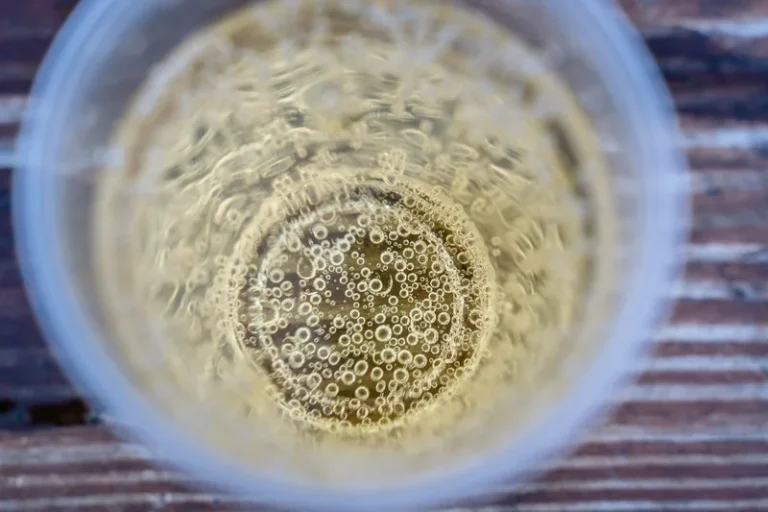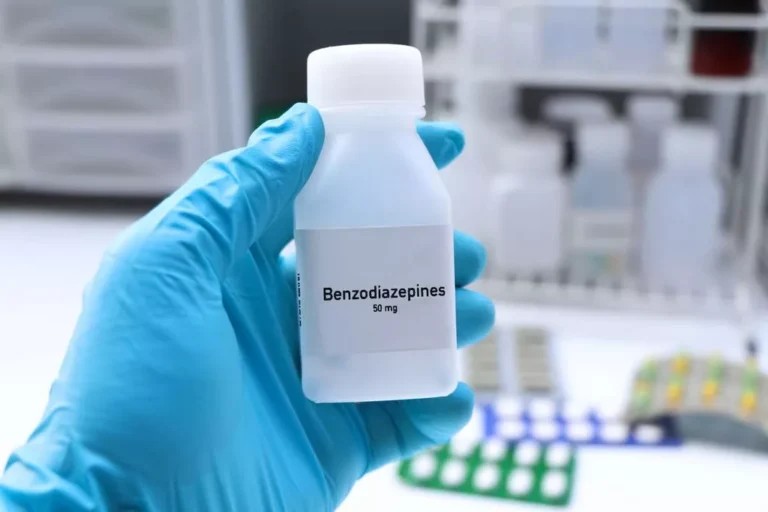
Equally important is to learn to identify situations that carry high risk of relapse and to develop very specific strategies for dealing with each of them. High-risk situations include both internal experiences—positive memories of using or negative thoughts about the difficulty of resisting impulses—and situational cues. As mentioned in this article, you can support recovery by offering patients AUD medication in primary care, referring to healthcare professional specialists as needed, and promoting mutual support groups. If you feel that you sometimes drink too much alcohol, or your drinking is causing problems, or if your family is concerned about your drinking, talk with your health care provider.
What are the symptoms of AUD?
Most people assume that an alcohol relapse starts the minute someone starts drinking again. However, studies suggest that relapse happens gradually and typically progresses through 3 stages. When you’re recovering from alcohol use disorder, a relapse is when you start drinking again. It’s not the same thing as a lapse, which is temporary and short-term — such as when you have one drink at a party, then go back to not drinking.

Recovery Coaching
Self-efficacy refers to a person’s confidence in their own ability to achieve something. When a person’s self-efficacy is low, they may have a hard time believing in their ability to maintain sobriety. A relapse may look different for each person, depending https://ecosoberhouse.com/ on how much they use and the circumstances surrounding the relapse. While the recovery period may be challenging, it’s also filled with milestones that can transform your life into one that’s better than you could have previously imagined.
Relapse Prevention and the Five Rules of Recovery
- It’s fine to acknowledge them, but not to dwell on them, because they could hinder the most important action to take immediately—seeking help.
- However, it’s important to recognize that no one gets through life without emotional pain.
- When individuals continue to refer to their using days as “fun,” they continue to downplay the negative consequences of addiction.
- In this article, we’ll discuss the most common causes of relapse, why relapse comes with such a high risk of overdose, and how to find long-term sobriety upon relapsing, most particularly related to opioids.
- Taking these steps can help make their long-term recovery a reality.
The National Institute on Alcohol Abuse and Alcoholism (NIAAA) is supporting research to identify genetic, behavioral, and other factors that can predict how well someone will respond to a particular treatment. These advances could optimize how treatment decisions are made in the future. Also known as „alcohol counseling,” behavioral treatments involve working with a health care provider to identify and help change the behaviors that lead to alcohol problems. Ultimately, relapse is a part of many people’s story, and it doesn’t prevent anyone from finding long-term sobriety. Recovery is a process of growth and (re)establishing a sustainable life.
- Important milestones such as recovery anniversaries are often seen as reasons to use.
- Our emotions influence our thoughts and can be a big driver of how our minds and bodies react.
- These and other outpatient options may reduce stigma and other barriers to treatment.
- While the process may take several years, the outcome is a happier, healthier life where you have the freedom to fulfill your full potential.
- You may be scared or worried, but you dismiss those feelings and stop sharing them with others.
- The more symptoms you have, the more urgent the need for change.
The 3 Stages of Relapse
In this article, we’ll discuss the most common causes of relapse, why relapse comes with such a high risk of overdose, and how to find long-term sobriety upon relapsing, most particularly related to opioids. Possible substitutes can be designated in advance, made readily available, listed in a relapse prevention plan, and swiftly summoned when the need arises. Whether or not emotional pain causes addition, every person who has ever experienced an addiction, as well as every friend and family member, knows that addiction creates a great deal of emotional pain. Therapy for those in recovery and their family is often essential for healing those wounds.
How do behavioral therapies treat drug addiction?
While it is a common part of the recovery process, it can lead to dangerous behaviors that may harm both the relapsing individual and their loved ones. Cognitive therapy is one of the main tools for changing people’s negative thinking and developing healthy coping skills [9,10]. The effectiveness of cognitive therapy in relapse prevention has been confirmed in numerous studies [11]. Cognitive–behavioral therapy can Alcohol Relapse take place one-on-one with a therapist or in small groups. This form of therapy is focused on identifying the feelings and situations (called “cues”) that contribute to heavy drinking and managing stress that can lead to a return to drinking. The goal is to change the thought processes that lead to alcohol misuse and to develop the skills necessary to cope with everyday situations that might trigger alcohol misuse.

In the realm of addiction, relapse has a more specific meaning—a return to substance use after a period of nonuse. Whether it lasts a week, a month, or years, relapse is common enough in addiction recovery that it is considered a natural part of the difficult process of change. Between 40 percent and 60 percent of individuals relapse within their first year of treatment, according to the National Institute on Drug Abuse. Relapse in addiction is of particular concern because it poses the risk of overdose if someone uses as much of the substance as they did before quitting.
Relapse After Recovery

Fourth, most relapses can be explained in terms of a few basic rules [4]. Educating clients in these few rules can help them focus on what is important. In treatment, patients learn to identify any high-risk situations and the warning signs of relapse, and create relapse prevention plans they can apply to dangerous situations, triggers and other life stressors. Patients are also taught the disease model of addiction, which states that addiction is both chronic and progressive. In other words, it’s a lifetime diagnosis, so patients have to carefully maintain their recovery using different coping skills, support networks and self-care routines.
Tips for success in alcohol recovery

Self-care helps minimize stress—important because the experience of stress often encourages those in recovery to glamorize past substance use and think about it longingly. Research has found that getting help in the form of supportive therapy from qualified professionals, and social support from peers, can prevent or minimize relapse. In particular, cognitive behavioral therapy (CBT) can help people overcome the fears and negative thinking that can trigger relapse.
